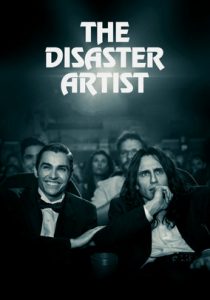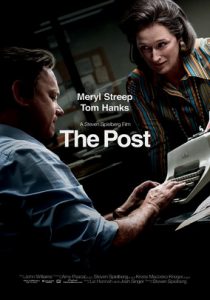Promising Young Woman-2020
Director Emerald Fennell
Starring Carey Mulligan, Bo Burnham
Scott’s Review #1,132
Reviewed April 13, 2021
Grade: A
Emerald Fennell, making her film directorial debut, kicks her viewers in the ass with significant help from star Carey Mulligan, with Promising Young Woman (2020).
The actress gives the best performance of her career.
The film is a sexy and haunting experience, mixing black comedy and witty dialogue with an important and timely subject matter- the abuse and victimization of young women by men.
Both men and women can be held responsible, as Fennell makes abundantly clear. Predators often have a share of people who choose to “look the other way” and thereby enable.
This is a constant theme throughout the film involving many characters who are called out for their passivity.
Fennell makes this point during two of the film’s most compelling scenes, calling out a high-powered dean and attorney for their betrayals. The scenes are so powerful that I wanted the characters to suffer as much as the revenge seeker does.
There is also a wackiness in the pacing and dialogue that reminds me quite a bit of the 1999 masterpiece, American Beauty.
The film is depravity, bizarreness, and brilliance all rolled into one. I felt this film in my bones.
Almost every scene is a treat in the mysterious and unexpected, and the film features peculiar characters and creative musical score renditions, and includes a scene and music from the underappreciated masterpiece The Night of the Hunter (1955). Fennell knows her classic cinema.
Mulligan stars as a woman named Cassie who seeks to avenge the death of her best friend, who was a victim of rape when they were in medical school, and their young lives had potential, and such possibility lay ahead of them.
Cleverly, we never see her friend, named Nina Fisher, but she is of vital importance and nearly a central character herself despite her absence.
Everyone said Cassie was a “promising young woman” until a mysterious event abruptly derailed her future. But now, at thirty and still living at home, her parents suggest, via a giant suitcase for her birthday, that it may be time for her to move on.
Cassie is tough to figure out since she’s wickedly clever, sometimes wisecracking, and tantalizingly cunning, and she’s living a secret double life by night. She goes to nightclubs looking drop-dead gorgeous and lures men to her rescue, pretending to be inebriated.
What happens when they go back to their pad is shocking, dark, and justified. The men will never see this coming.
Before the presumption is that Cassie is nothing more than a bad-ass, her intentions are not only admirable, but she has a heart and desires love. Promising Young Woman is a dark character study.
Besides the powerful story, Promising Young Woman is riddled with interesting cinematic techniques. Cassie’s parents lounge in their afternoon, watching The Night of the Hunter, a dark fairy tale for adults.
Later, a haunting version of Britney Spears “I’m a Slave 4 U”, complete with a string arrangement, is featured most uniquely.
All the supporting players add pizzazz and strength, some in odd or unclear ways, until certain revelations bubble to the surface.
Jennifer Coolidge as Cassie’s strange mother, Bo Burnham as the smitten Ryan Cooper, and Alison Brie as Cassie’s college friend Madison McPhee are the best examples.
Bo and Madison have the most to hide, but will they or won’t they face Cassie’s wrath? Not much is worse than a woman scorned.
But the main draw is Mulligan. Startlingly good, with an astonishingly powerful, deeply layered performance by her. She showcases a remarkable acting range, effortlessly shifting from brash to darkly humorous and, at times, emotionally vulnerable in her best performance to date.
Two scenes stand out to me.
The first is a delicious scene between Cassie and the female dean of her school, played by Connie Britton. At first dismissive and annoyed by Cassie’s accusations, Dean Elizabeth Walker finally takes notice when she believes that Cassie had kidnapped her teenage daughter and left her with a group of drunken frat boys. What comes around goes around!
The second is the finale wedding scene, interestingly not featuring Cassie other than by text messages. As the happy young couple says their vows a parade of police cars ruins the moment and the audience cheers victory. It’s a satisfying moment.
The screenplay is original, fresh, and timely. In the “Me Too” movement, the timing is vital and makes the subject matter relevant. Fennell wrote the screenplay- is there anything she can’t do?
Promising Young Woman (2020) is an exceptional film. It’s a controversial revenge film, but it’s so much more. Taking a powerful subject matter and examining the hypocrisy of men and women is telling and eye-opening.
That is why this film is critical to see and brings awareness to a situation that society still too often deems as okay.
Oscar Nominations: 1 win-Best Picture, Best Director-Emerald Fennell, Best Actress-Carey Mulligan, Best Original Screenplay (won), Best Film Editing
Independent Spirit Award Nominations: 2 wins-Best Director-Emerald Fennell, Best Female Lead- Carey Mulligan (won), Best Screenplay (won)



